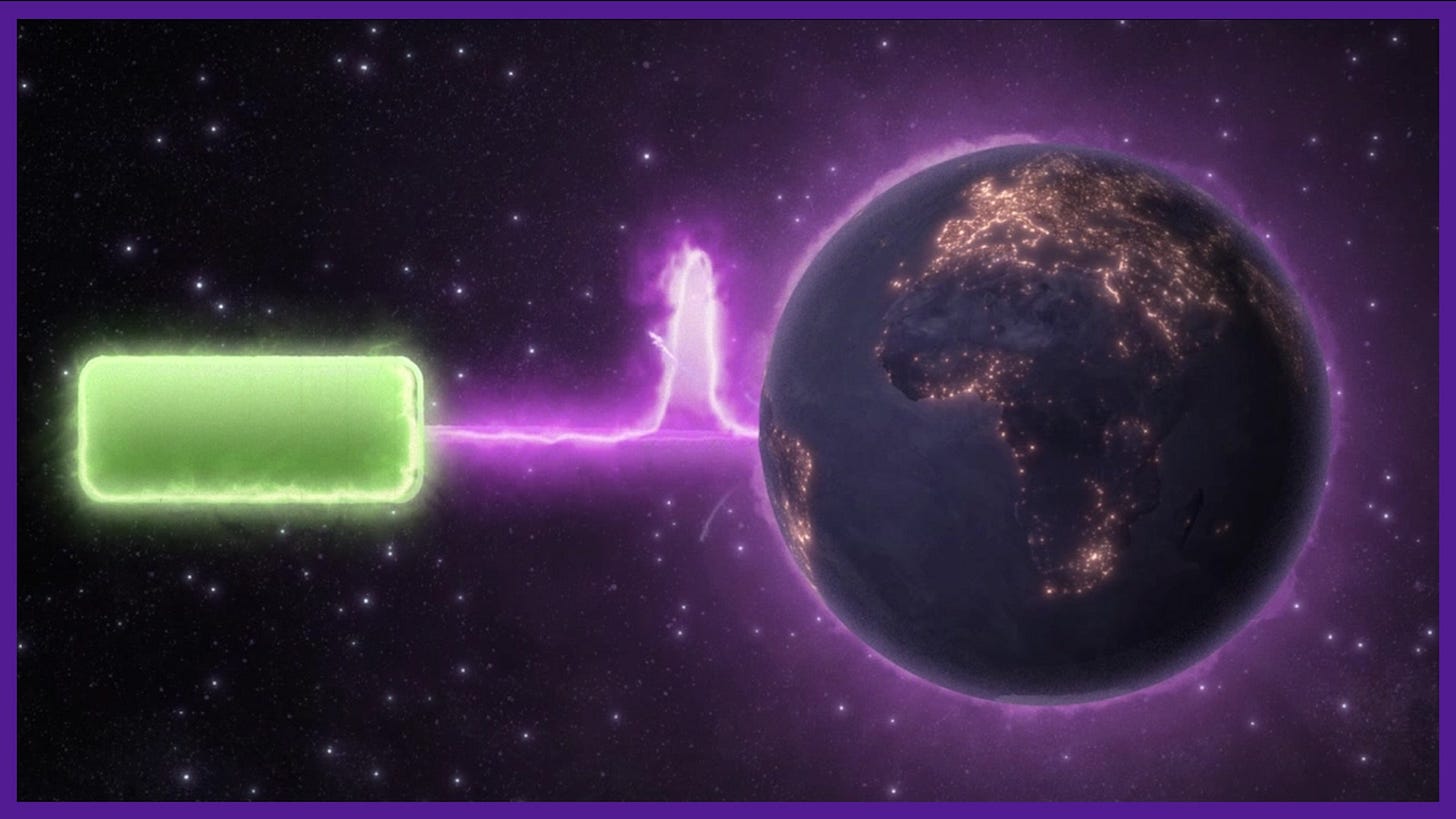The damaging effects of humanity’s disconnected relationship to Earth’s ecosystems are broad and deep. Yet, despite targeted efforts to address these issues and mitigate risks, our insatiable appetite for fossil hydrocarbons continues to grow at an alarming rate. What will it take to reframe our relationship with nature to move forward in a symbiotic, life-supporting path?
In this episode, I’m joined by longtime colleagues Tom Murphy and D.J. White for an in-depth exploration of the mounting ecological crises driven by human behavior and unsustainable energy consumption. Together, they offer both scientific insights and personal reflections on trends such as the rapid decline in wild animal populations, the rise of microplastic pollution, the overwhelming scale of human-built mass, and many other facets of this unparalleled time in human history.
Why is it so difficult for society to recognize the scale of ecological destruction, and what needs to change to raise awareness? In what ways is academia struggling to provide the systems understanding we need to address the pressing environmental challenges of our time? How could recognizing our kinship with all living beings reshape our relationship with the planet?
In case you missed it…
My work tends to focus on systems-level analysis of the current (and future) global macro/ecological situation. But peering beneath the surface of that system lies the deeply personal, emotional experiences of individuals, locally and around the world. In last week’s Frankly, I navigated the delicate balance between systems thinking and the profound emotional weight of the realities we face.
If you appreciate The Great Simplification podcast…
Be sure to leave a review on your preferred podcast platform! Leaving reviews helps the podcast grow, which helps spread awareness of our systemic situation from experts in ecology, energy, policy, economics, technology, and community building so that we can better understand - and respond to - the challenges of the coming decade.
The Great Simplification podcast is produced by The Institute for the Study of Energy and Our Future (ISEOF), a 501(c)(3) organization. We want to keep all content completely free to view globally and without ads. If you’d like to support ISEOF and it’s content via donation, please use the link below.






Nate thank you! for all you bring to the table. My wife Lani put me on to your Podcasts and I’ve been a fan ever since and have listened to nearly all your content. Finally a person who is talking about the things that need to be talked about.
Thanks bud.
During the round table discussion, Nate asks how can we get people to care about species loss, and to recognize our genetic relatedness to all life. One of the other guests throws out the number 80%, claiming that this proportion of the population does care. He goes on to say if that if asked to give up anything in order to address the damage we are doing, then this same 80% backs off. I think this is the wrong approach, the wrong question. Whether people care or not, whether they are willing to make some sacrifices, our entire way of life in all its details perpetuates the crisis and at the same time alienates us from the biosphere consequences of that way of life. So that caring or not caring is simply an abstract question of personal preference, while our dependence on modernity and all the “mod cons” is a very concrete question of survival. Until we as a species finds new ways of living in which awareness of our absolute dependence on healthy webs of life is built into the ways in which we transform elements of the non-human world into, so to speak, our embodied selves, this alienation will not go away. I think the only way to do this is to return to pre-modern norms in which much of the population is directly engaged in the production of food, shelter, clothing, etc, then the vital connection to a healthy biosphere will be visceral, a daily question of survival, and flourishing. So, for me, the real question is how do we get there?